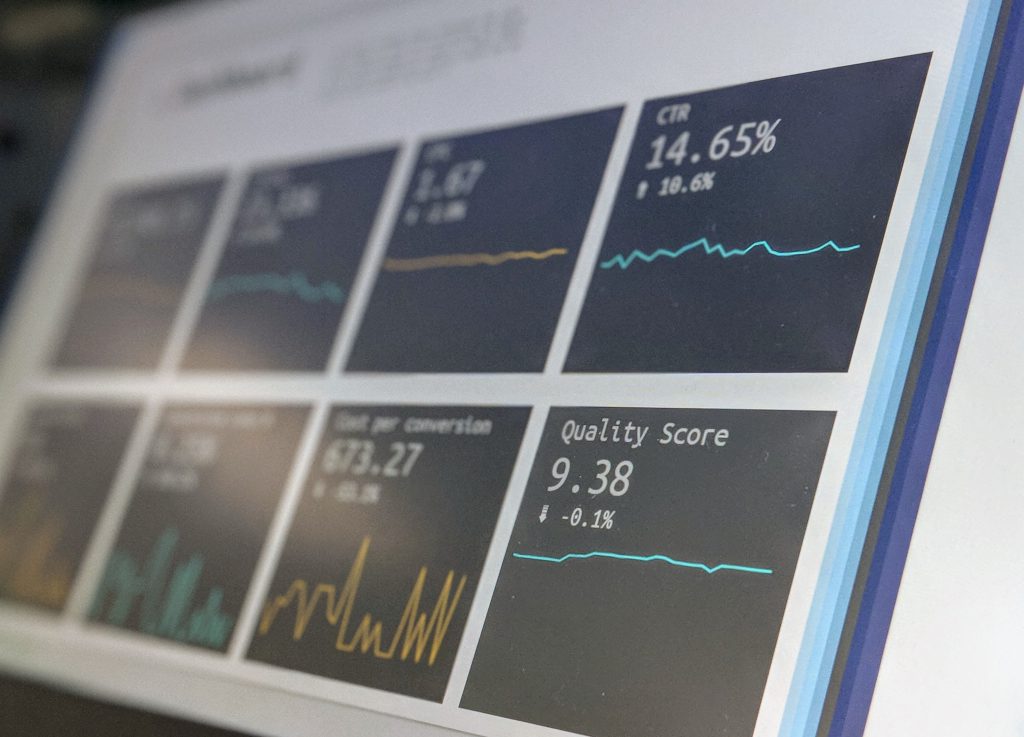There have been quite a few questions about SQL Server Reporting Services (SSRS) Licensing recently, so I wanted to take a few minutes and talk through how the licensing for SQL Server Reporting Services works compared to the licensing for the normal database engine.

When you license SQL Server (of which the SQL Server Reporting Services engine is a part of) you license what is called the OSE or Operating System Environment. This is basically the OS that has SQL Server installed on it. Now, this can be the virtualization host (VMware or Hyper-V) or it can be the Windows Server (SSRS isn’t available on Linux, so we don’t have to deal with that, but if SSRS was available on Linux the rules would be the same as Windows). You can install SQL Server (or SSRS) as many times inside that OSE as you want to, but you can’t install SQL Server (or SSRS) on any other machines.
Standalone SSRS
Let’s look at an example, and we’re going to avoid Host-Based Licensing for right now as we’re going to assume core-based licensing. We have 8 cores of SQL Server License purchase. Our SQL Server machine requires 8 cores. We want to install SSRS, so we spin up another VM (or physical server) with 2 cores. We need to purchase 4 cores to handle that machine (don’t forget if you have less then 4 cores on the machine you still need to purchase 4 cores for the machine, per the licensing rules). What this means is that you have to license the machine running SQL Server Reporting Services, as if it had the full database engine on it.
Scaleout SSRS
If you have a scale out environment where you have a few SSRS servers behind a load balancer and using the same SSRS Database then you need SQL Server licenses for each machine that has SSRS installed on it. None of the SSRS servers are passive, which means that the free SA rights for DR don’t apply here, as those rights only apply to passive nodes.
Another thing to keep in mind about scale out, is that scale out is only available with a SQL Server Enterprise License. There is no scale out functionality for Reporting Services with a SQL Server Standard Edition license.
So lets look at an example again. If we’ve got 3 nodes of SSRS in a scale out configuration, and each node for 4 cores, then we need 12 cores of SQL Server Enterprise Edition to cover the SSRS servers. The server that’s hosting the SSRS database can be SQL Server Standard Edition. Having the database with Standard with the SSRS servers running Enterprise Edition is a perfectly valid and perfectly supported configuration.
But My Reseller Told me Something Else
I’ve head all sorts of incorrect licensing information from resellers. Frankly they are usually fine for Windows licensing information, but they tend to get the SQL Server licensing information pretty wrong. I don’t know if it’s because they simply don’t know it very well, or that they are giving you bad information to get you to buy the licenses for the SQL Server.
My guess is that it’s the latter of those options. If you are building a new platform and your SQL Server Licensing assumptions of 8 cores (our example earlier was an 8 core SQL Server, and 3 VMs with 4 cores each for SSRS) suddenly go to 20 cores, that’s going to more than double your price. So the licensing salesperson may give you some bad advice in order to get you to buy those 8 licenses.
I’m guessing that it you look at your contract with your licensing provider it holds them harmless if they give you bad advise on which software licenses you need to purchase. That means that if/when you get audited by Microsoft you’ll be the one of the hook for the extra licenses, not them. So be careful and make sure that you are correctly licensing all of your servers running the SQL Server product, as you could be in a lot of pain if you don’t license correctly.
Editions
Like SQL Server, SSRS comes in both Standard and Enterprise Editions. If you are running SSRS on the same server as your database engine, then you’ll want the editions to be the same. If you are putting SSRS on it’s own server (which is HIGHLY recommended) then I would highly recommend SQL Server Standard Edition. There’s a couple of advanced things that you get with SSRS Enterprise Edition, but unless you are using those specific features, or you want scale out, Standard Edition will do.
If your users already have SQL Server CALs, and you are using the Standard Edition of SSRS, then get the Server+CAL license of SQL Server for the SSRS server. There’s no need for a CAL based license unless you really need one. I say this, because the Server+CAL license of SQL Server is something like $800 US (don’t quote me on that). If your users don’t have CALs already, how many users will be using the system. Does is make sense to get them CALs, or does it make sense to get a Core based license.
Some math is going to be needed in order to figure out which license is going to be the best one for you to get.
Denny
